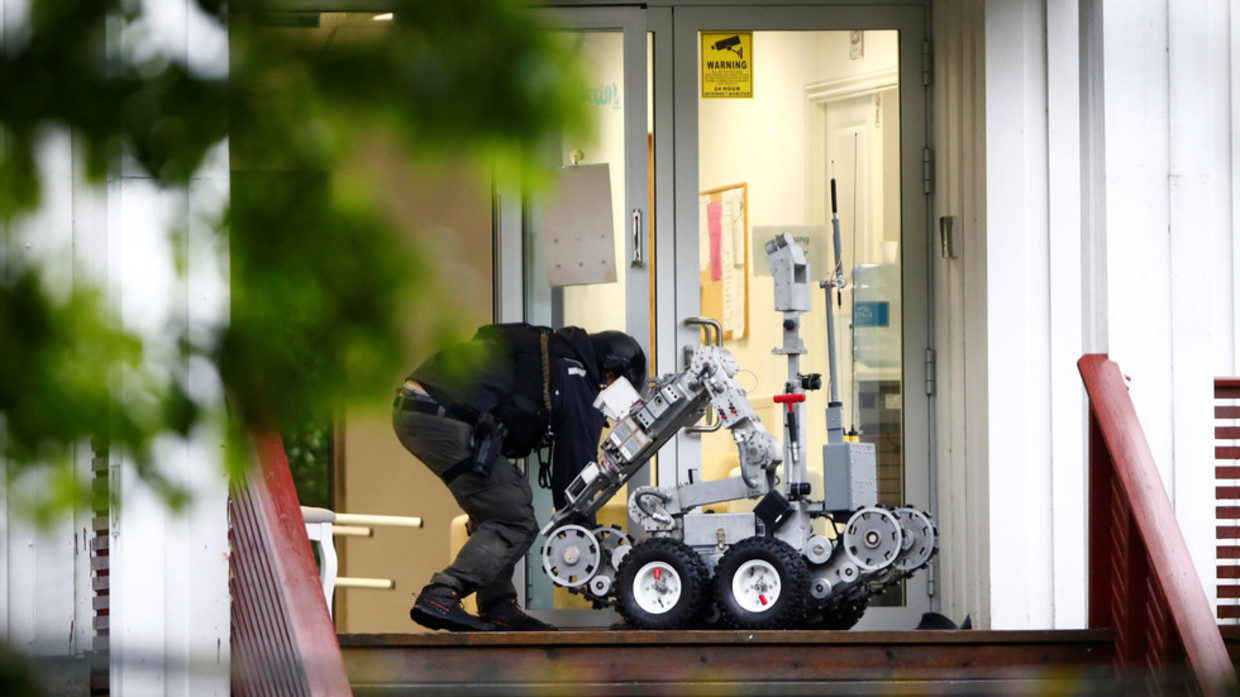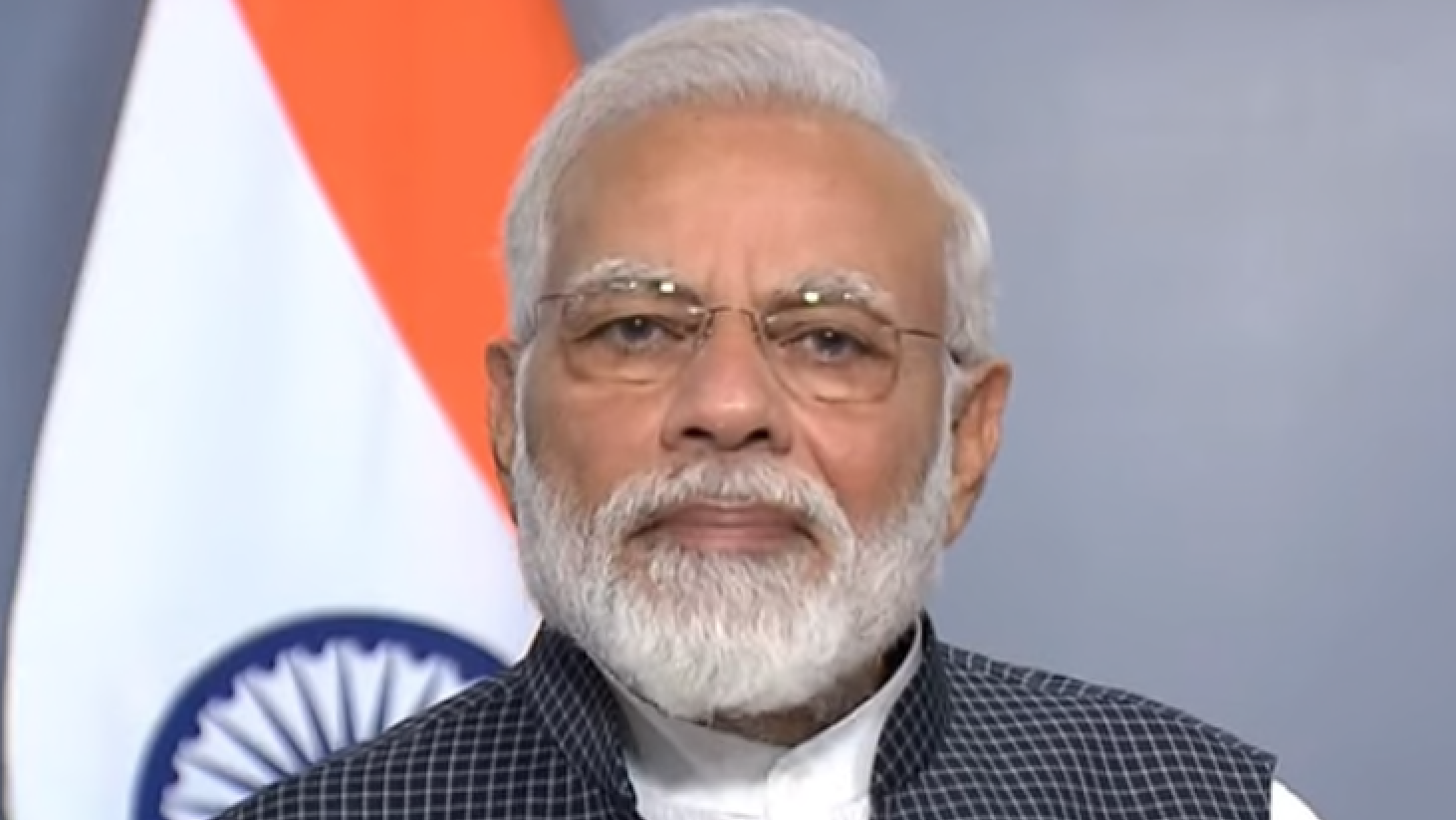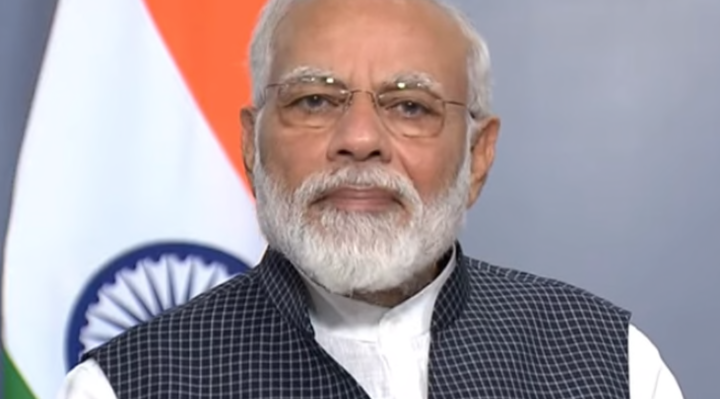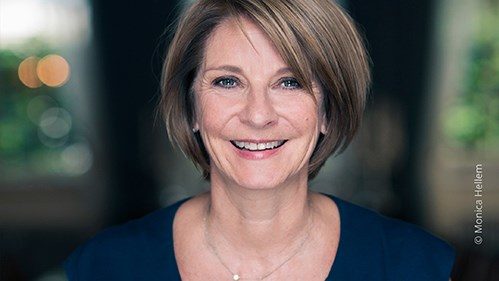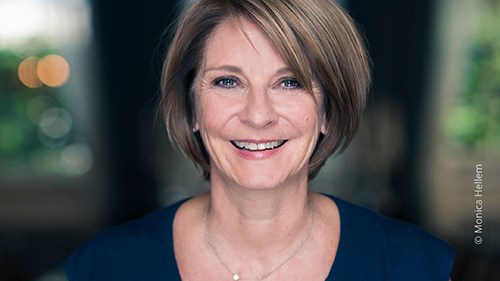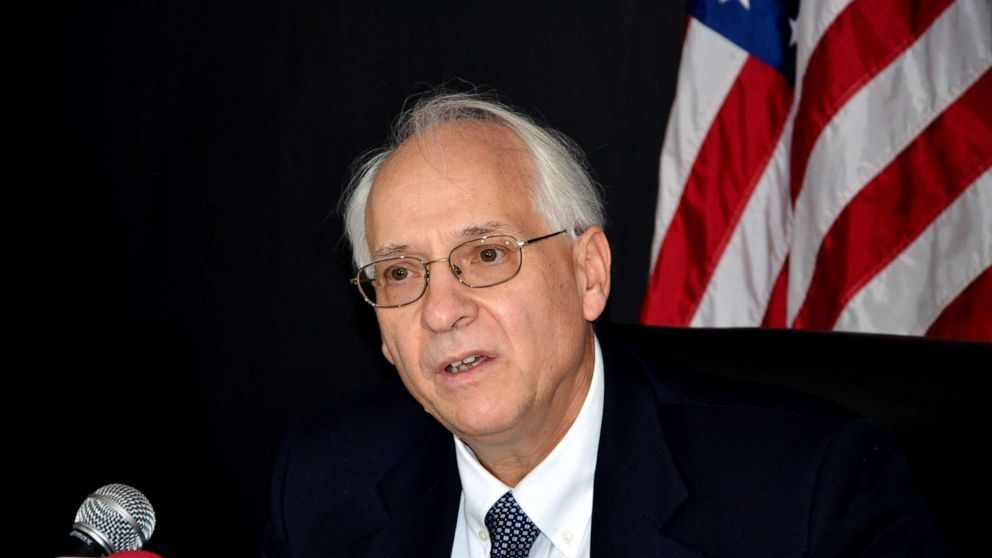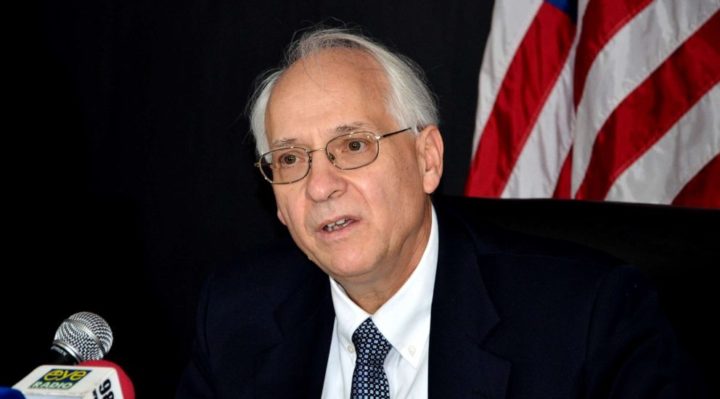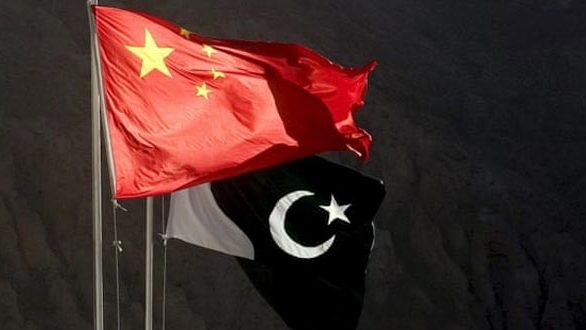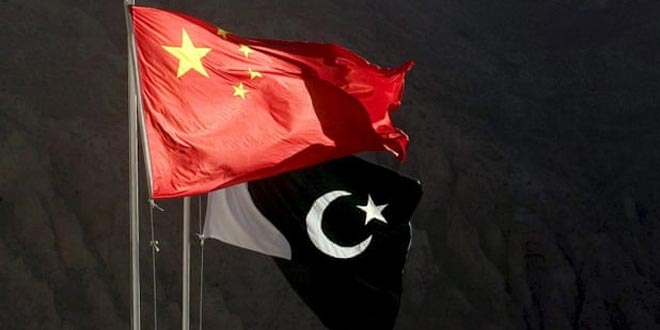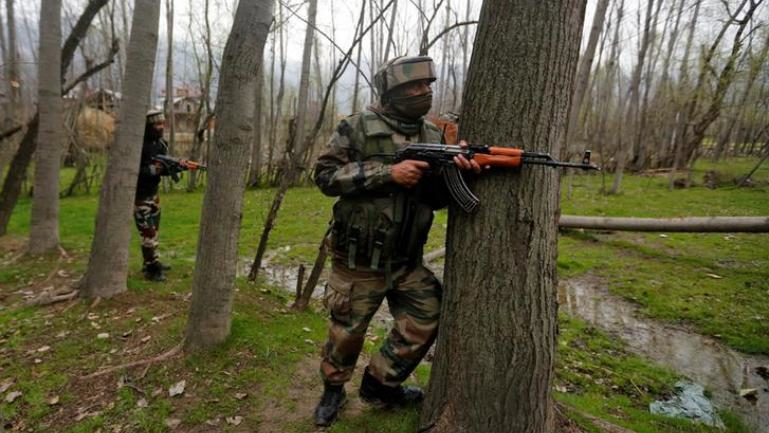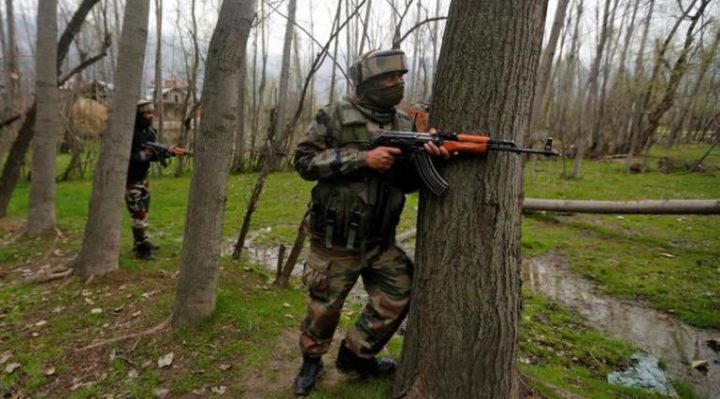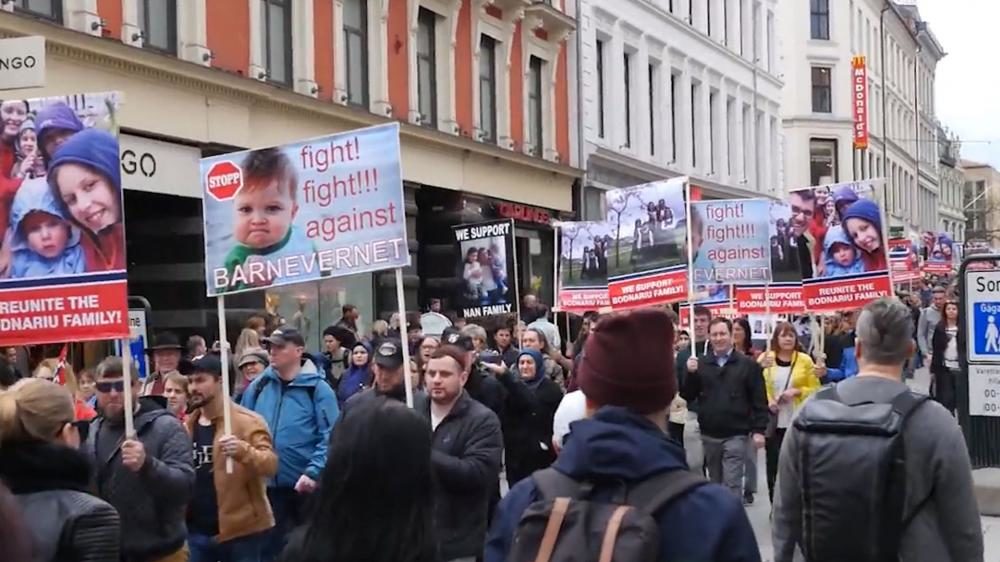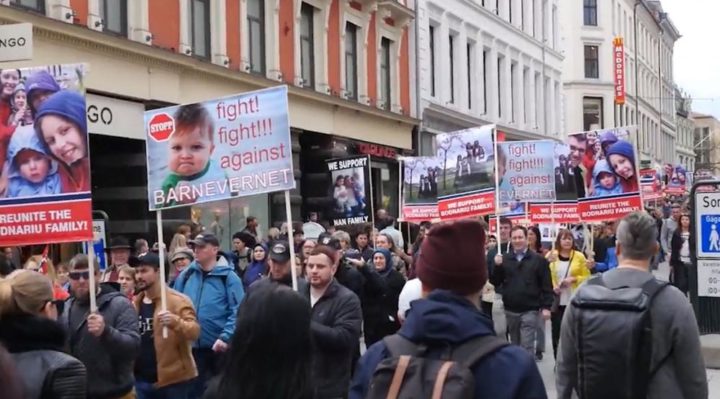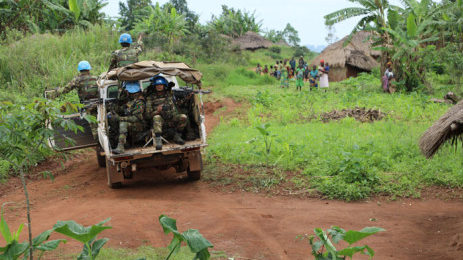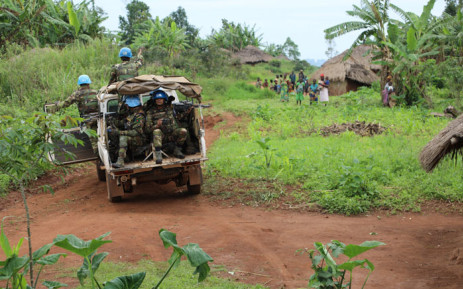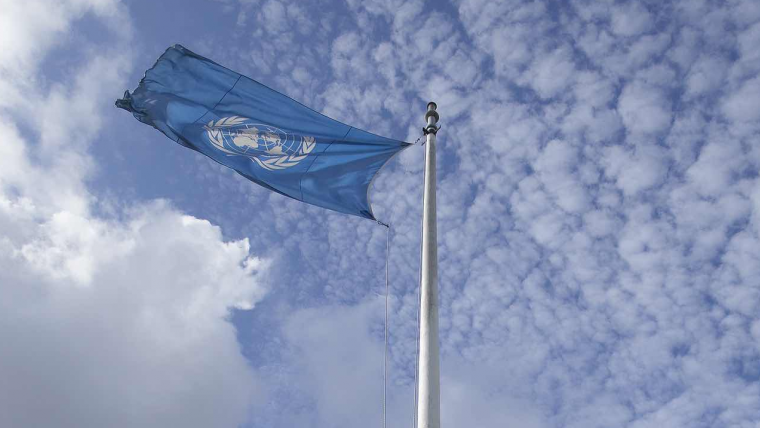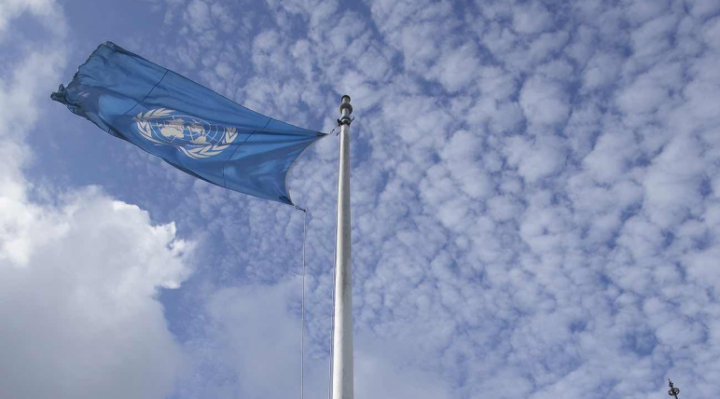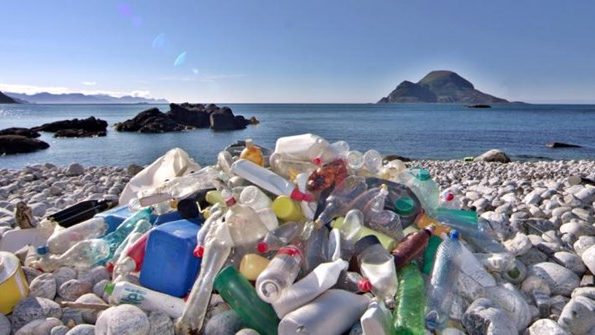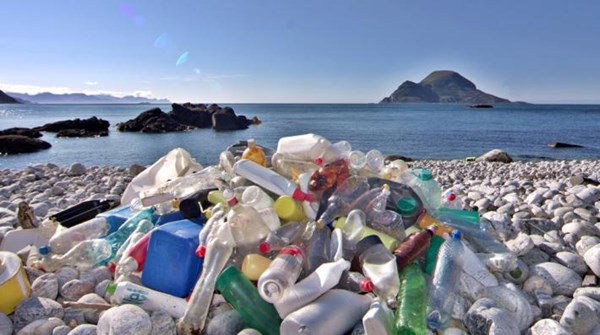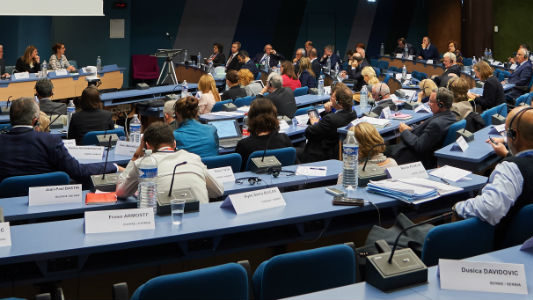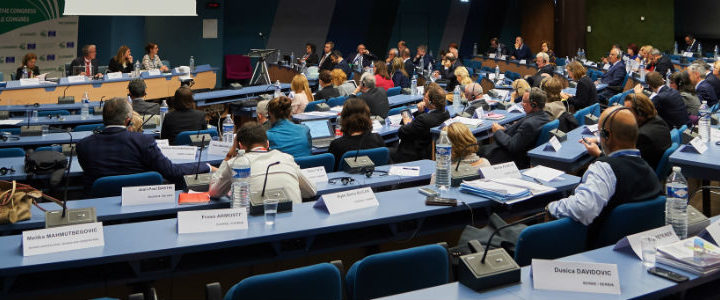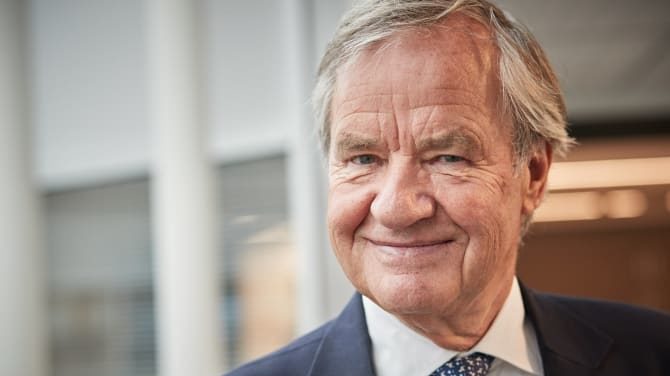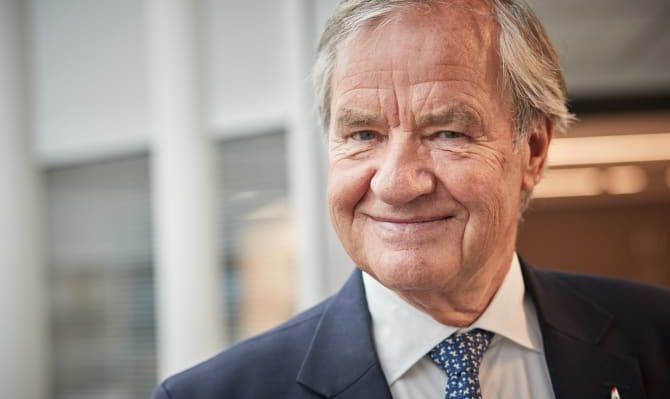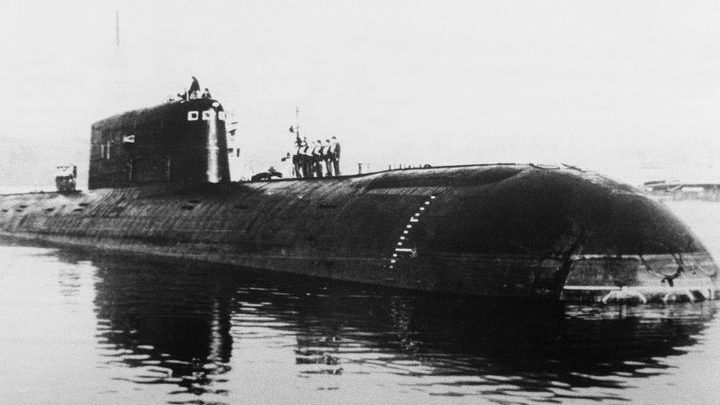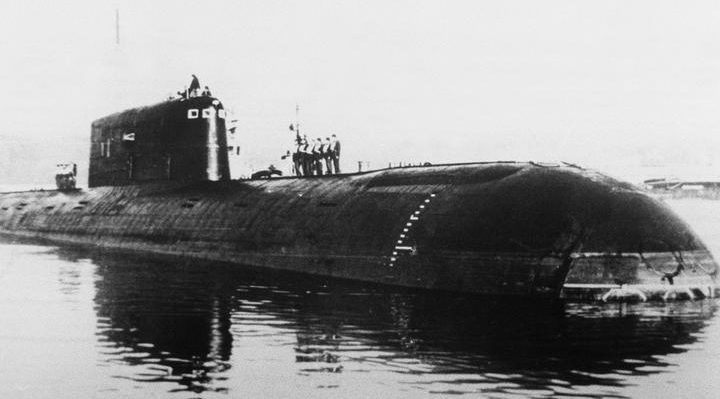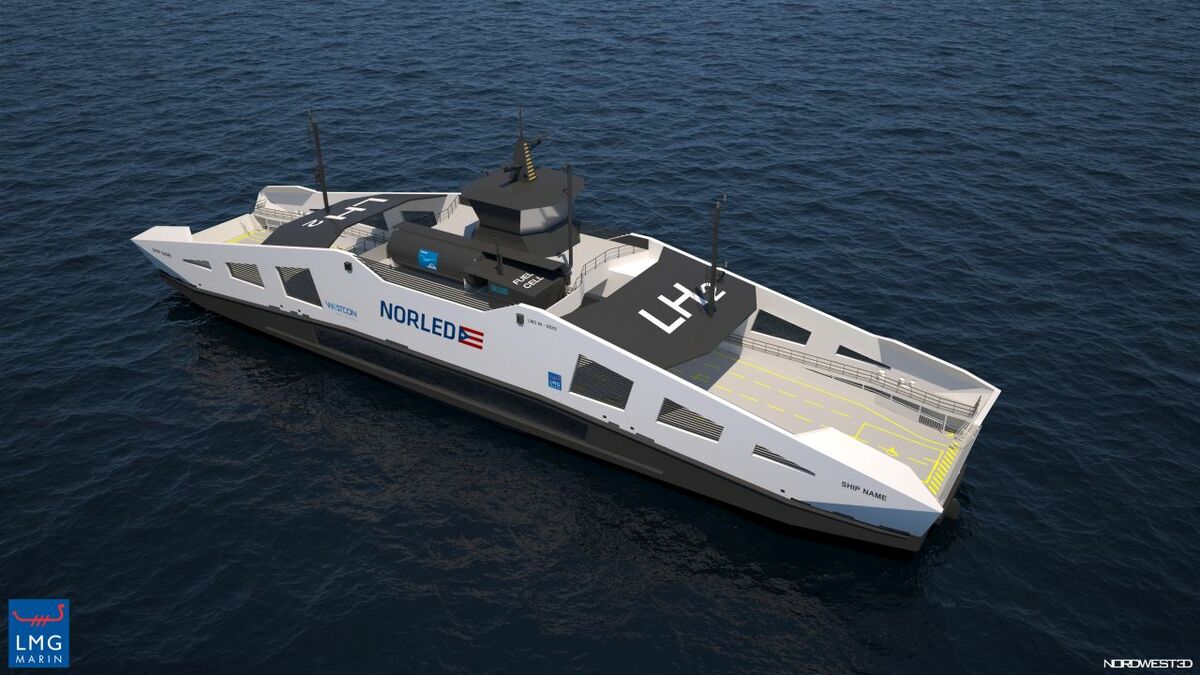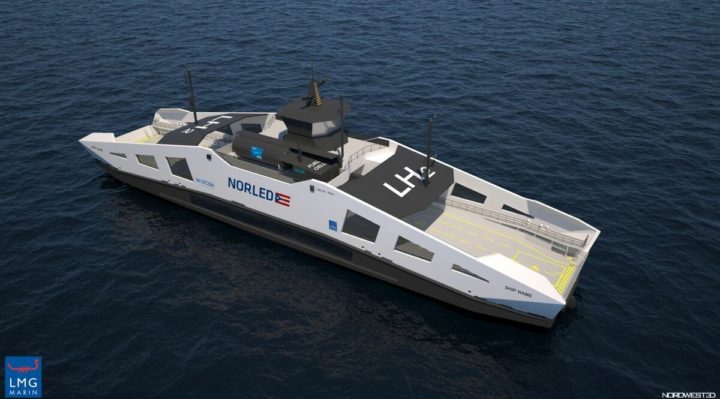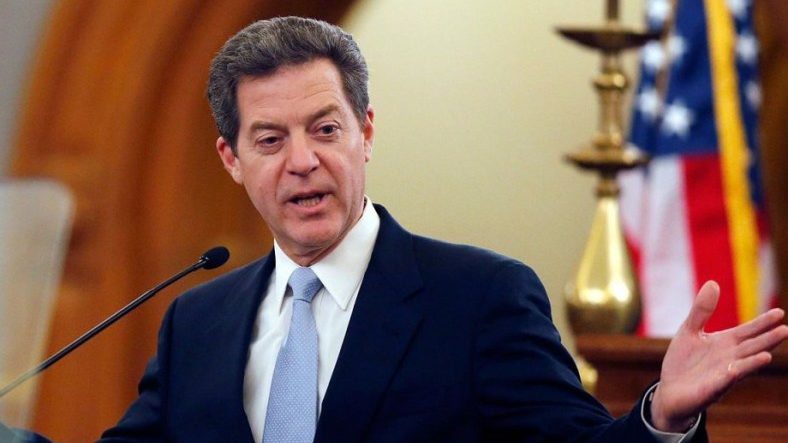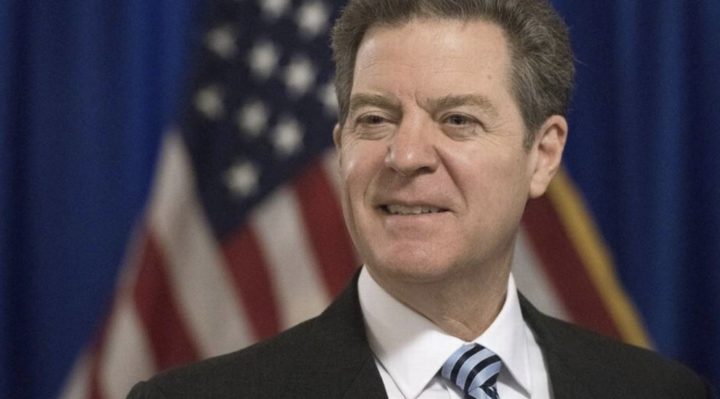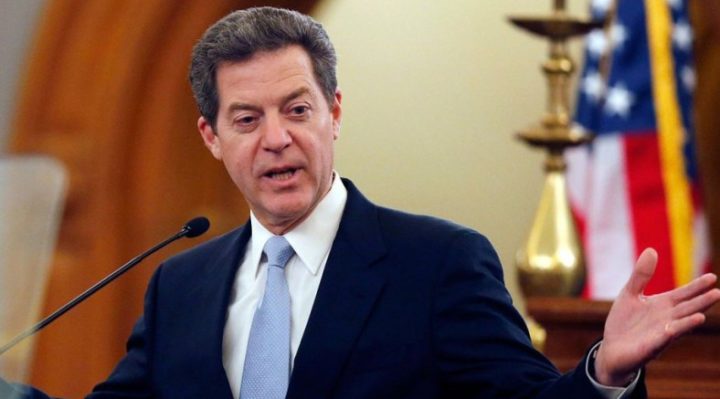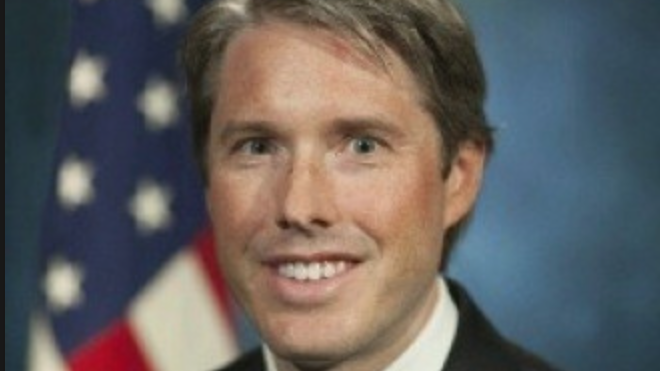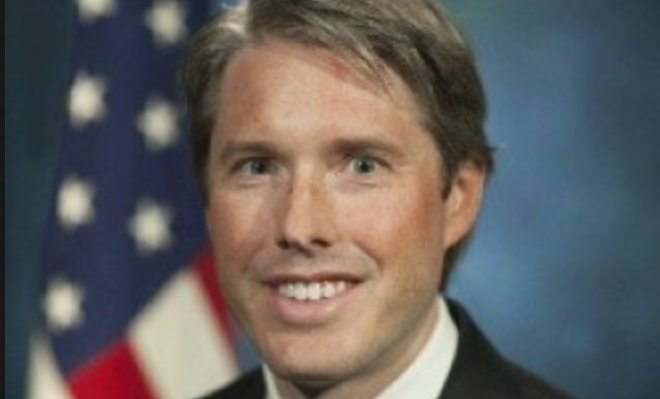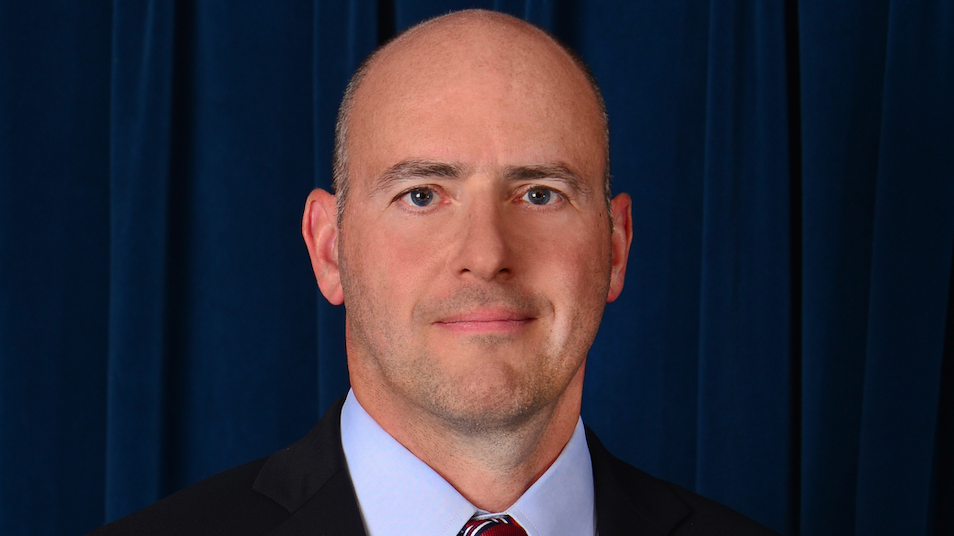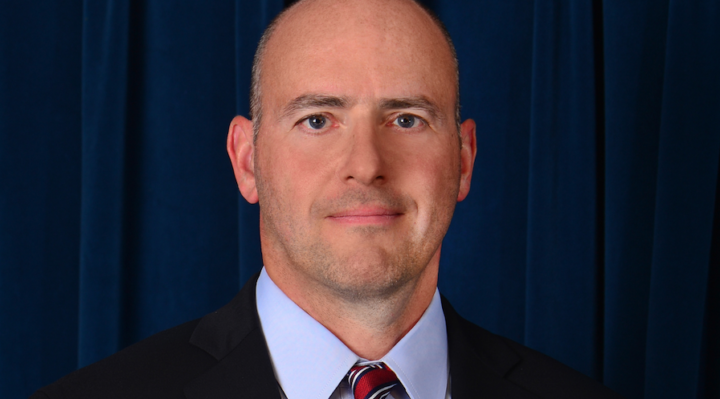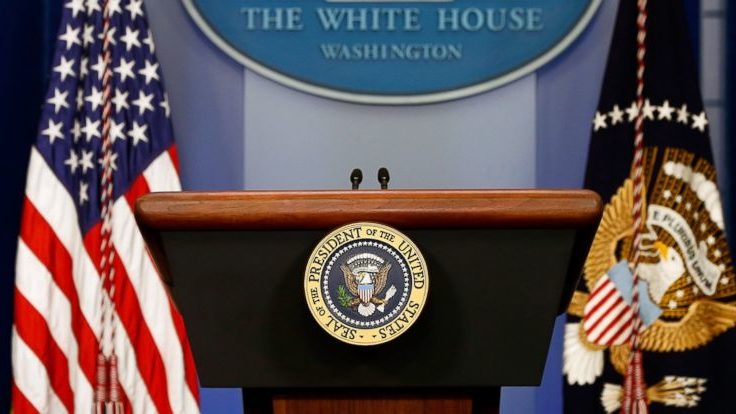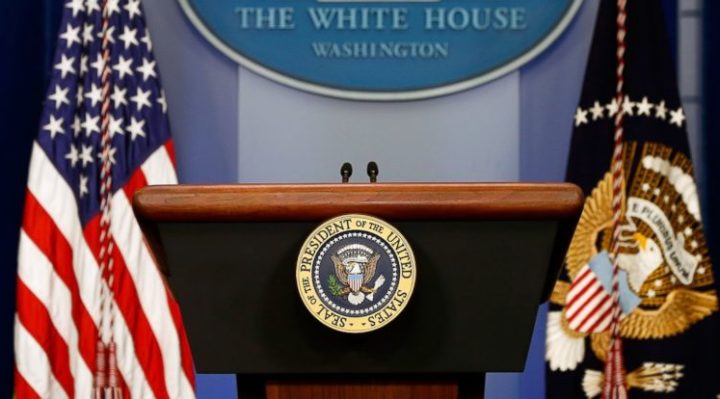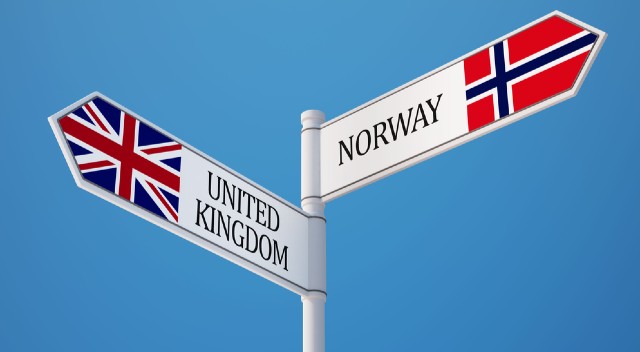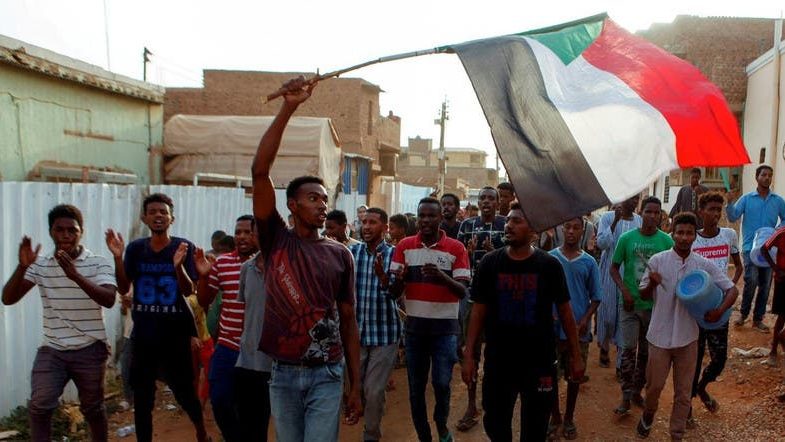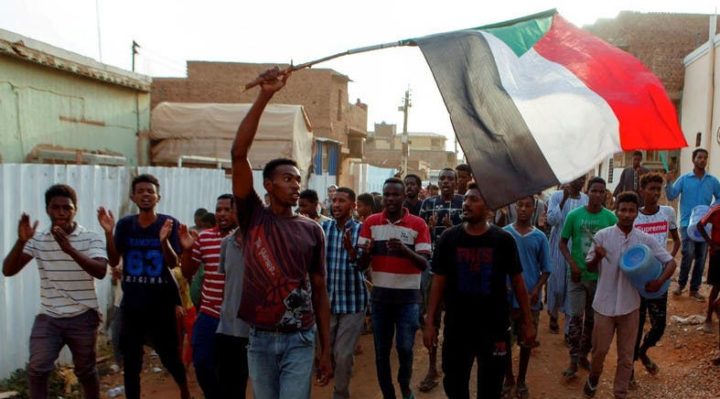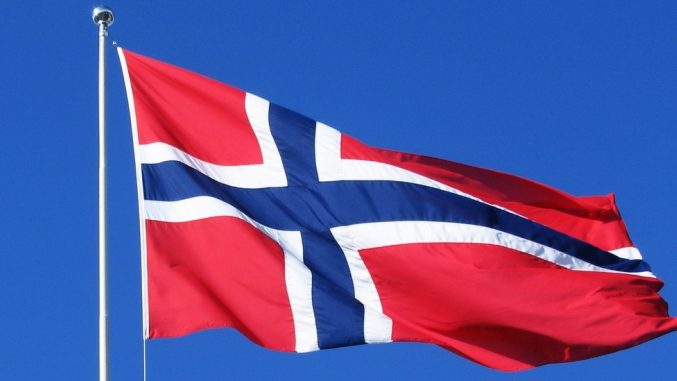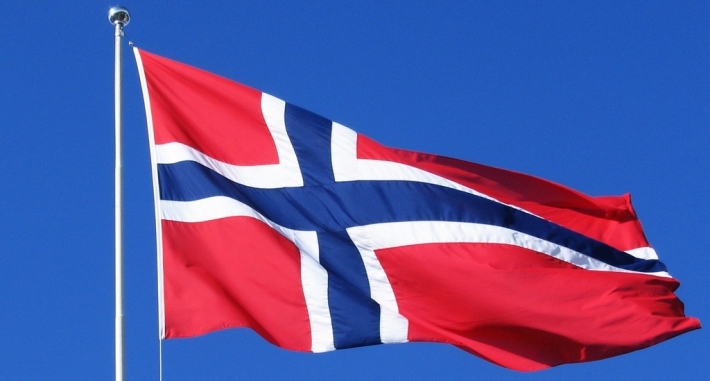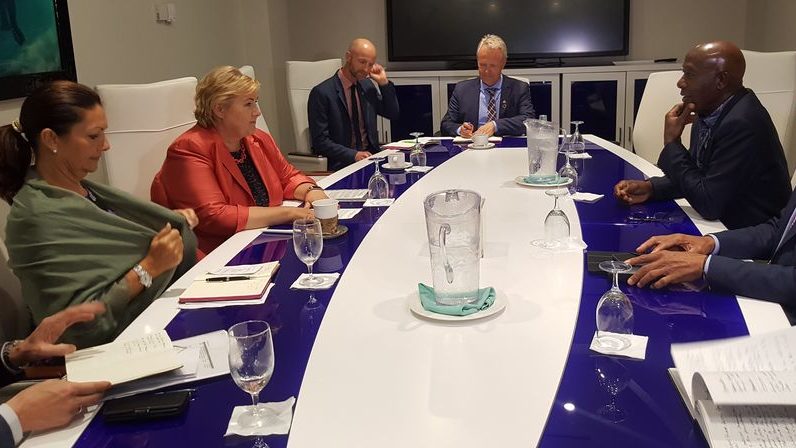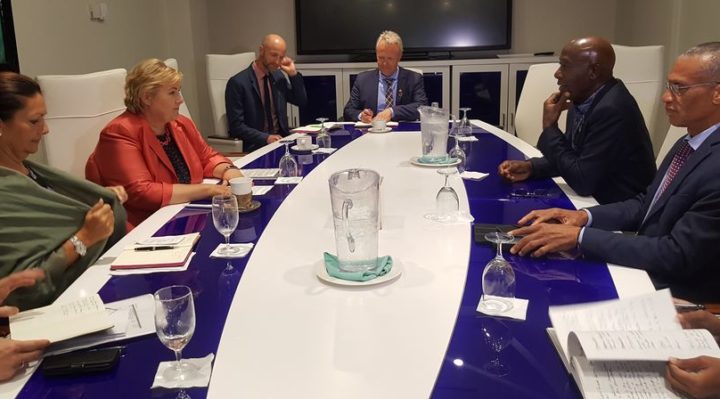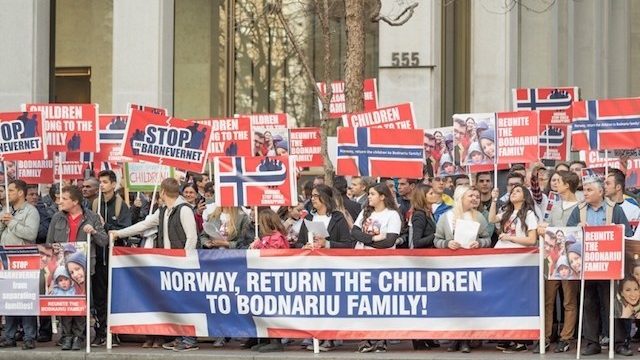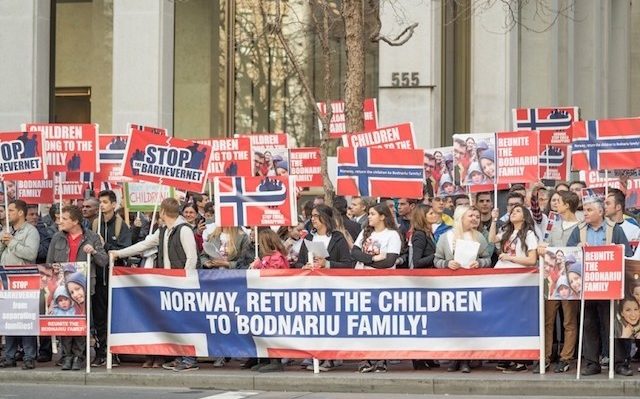An attack by an armed man on a Norwegian mosque will be investigated as a possible act of terrorism, police said on Sunday.
The suspected shooter, who charged the al-Noor Islamic Centre near Oslo on Saturday, was a young, white male carrying several guns. He has not been named by authorities nor has the motive in the attack; he has been charged with murder and attempted murder.
Assistant Chief of Police Rune Kjold said at a news conference reported on my multiple outlets that the suspect expressed far-right, anti-immigrant views online, including praise for the Christchurch shooter, who killed more than 50 people at two Mosques in New Zealand, Media reported. However, he does not appear to be part of a larger network.
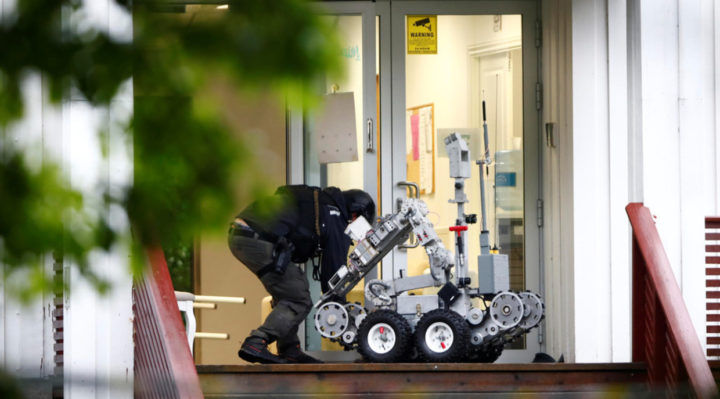
“We’re investigating this as an attempt at carrying out an act of terrorism,” he said, according to Reuters.
Shots were fired in the attack, but nobody at the mosque was killed. The stifled attack was credited to the people inside the mosque who overpowered the gunman before police arrived.
“These people showed great courage,” Skjold added.
Shortly after the attack, investigators found the body of a young woman at the suspect’s home near Oslo, who was identified as his 17-year-old stepsister, according to The Times.
Mohammad Rafiq, a 65-year-old retired Pakistani Air Force officer, went to disarm the attacker, the mosque told Reuters, after hearing “shooting from outside” and seeing the armed young man enter the mosque.
There were only three men present in the mosque at the time, and “He started to fire towards the two other men,” Rafiq told Reuters. Rafiqu then seized the suspect, held him down, and disarmed him, sustaining an eye injury.
The attack took place one day before thousands of Muslims gathered at mosques for the Eid celebration, and the congregation targeted by the gunman expected up to 1,000 people to attend.

